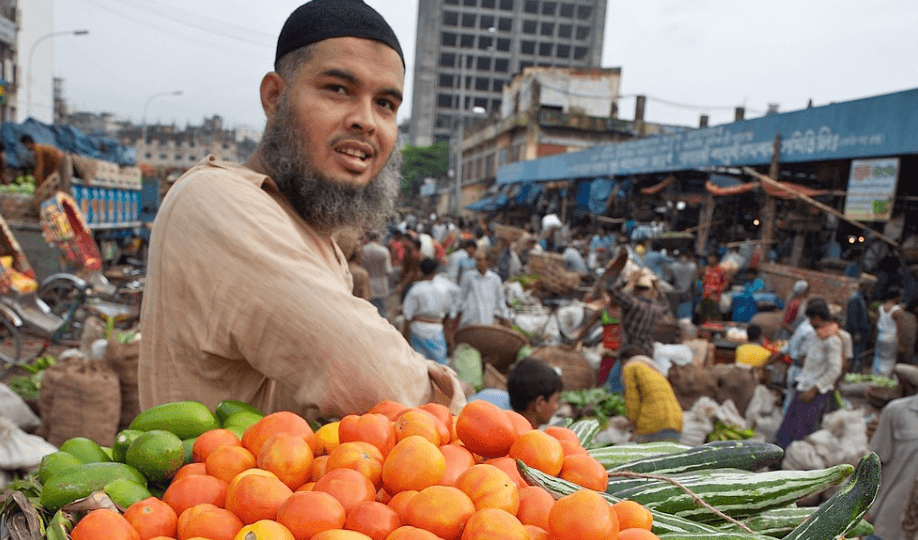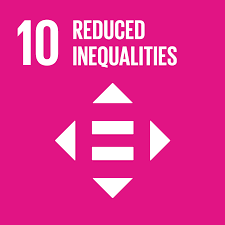The action and its aims
The Dhaka Food Agenda 2041 prioritises fostering the consumption of healthy food in the city through awareness campaigns and educational initiatives. Addressing the rising population and urbanisation, the agenda focuses on sustainable food production and distribution, involving innovative farming methods, urban gardening, and strengthening supply chains. It also emphasises optimising livelihoods for stakeholders, supporting smallholder farmers, enhancing working conditions, and encouraging entrepreneurship. With an eye on enhancing resilience to potential disruptions, the Agenda invests in adaptive capacity, improving infrastructure, and establishing early warning systems to mitigate risks from climate change, natural disasters, and emergencies. Additionally, it focuses on environmental preservation and biodiversity by promoting sustainable agriculture, renewable energy, and responsible use of natural resources for a harmonious coexistence of Dhaka’s food system with nature.
When was it introduced
The Dhaka Food Agenda was created in 2022 and formally launched in 2023
Why was it needed
Dhaka, formed by the convergence of four cities – Dhaka North, Dhaka South, Narayangai, and Gazipur – is set to become the third-largest megacity globally. This rapid expansion has resulted in a disconnect between food requirements and accessibility, particularly for certain communities. Approximately one-fifth of Dhaka’s residents live below the poverty line, facing nutritional inadequacies. The scarcity of access to healthy food, coupled with food safety concerns, poses a significant risk to public health. These challenges intensified particularly during the COVID-19 pandemic.
Who initiated it, who was involved
The Dhaka Food Agenda was created through a multistakeholder process including representatives from city corporations, ministries, utility and waste management agencies, the private sector, consumers, and civil society. The Dhaka Food System Consultative Group on Urban Food System Strategies (CGUFSS) oversees the overall coordination of the Agenda. The Food and Agriculture Organization of the United Nations (FAO) and Wageningen University & Research (WUR) provide technical support.
Impacts to date
The Dhaka Food Agenda 2041 was officially presented at the Urban Food Futures Conference in Dhaka in 2023. It is too early to assess the impact.



